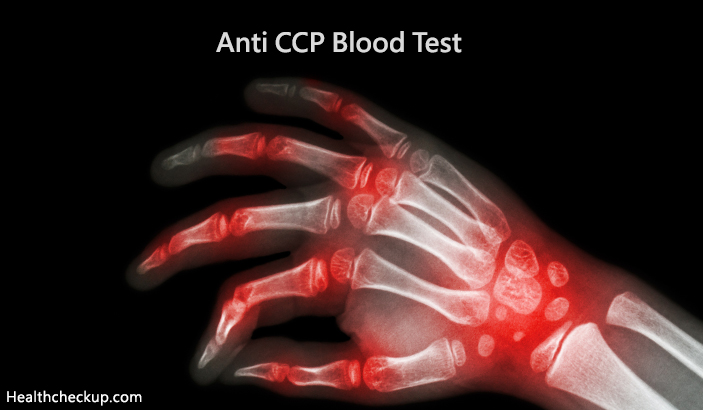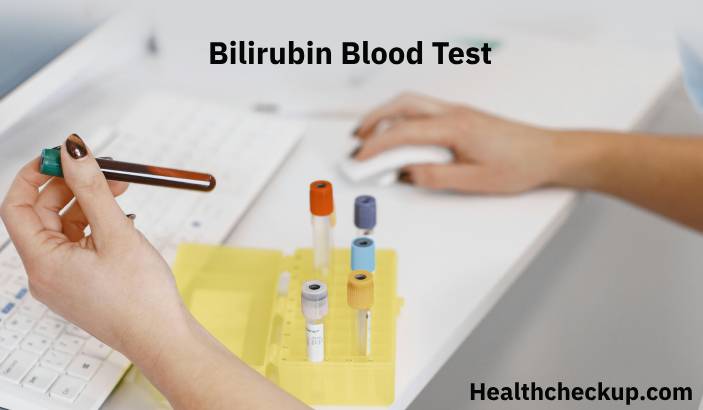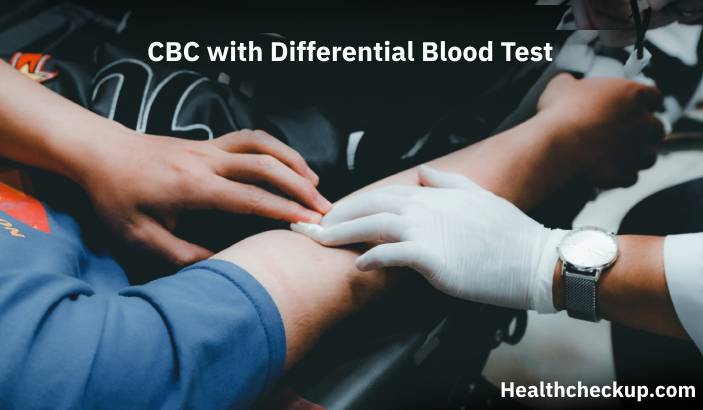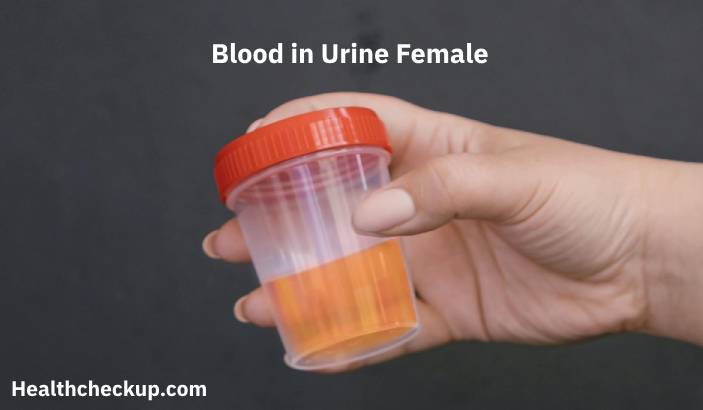Most patients with rheumatoid arthritis have anti-cyclic citrullinated peptide (anti-CCP). Anti-CCP is an antibody which can be detected by anti CCP blood test and other blood tests, physical examinations, and imaging tests.
What Is Anti-CCP Blood Test?
Rheumatoid arthritis causes inflammation due to the abnormal attack of the joints by the immune system, which supposedly protects the body from harmful foreign substances like viruses and bacteria.
To help in diagnosing rheumatoid arthritis, the anti CCP blood test is done. This test is also done to prognosticate rheumatoid arthritis, as well as differentiating it from other kinds of arthritis.
Is Anti CCP Test Accurate?
A study has shown that the anti-CCP test can assist in the diagnosis of rheumatoid arthritis with a positive likelihood ratio of around 14 and a specificity of around 96 percent. This test could also determine the presence of anti-CCP, which can be found in almost half of the patients either before or during the diagnosis. It also helps in prognosticating aggressive joint erosion.
Why Is The Test Done?
A person who manifests signs and symptoms of inflammatory arthritis is usually prescribed to undergo an anti-CCP blood test. Signs and symptoms may include:
- Painful neck, shoulders, elbows, hips, knees, and feet
- Painful or swollen joints, usually in the wrists and the hands
- Joint stiffness upon waking up
- Fever and fatigue
[Also Read: Causes Of Shoulder Pain]
If these are felt, then the anti-CCP blood test may be required by your doctor. This will allow your doctor to detect whether anti-CCP is present in your body. If so, then you will be given the appropriate treatment for rheumatoid arthritis.
How Is The Test Performed?
The Anti-CCP Test Procedure is just easy. This test is performed by drawing a blood sample from the patient. The blood sample is then placed and analyzed in a lab. Before taking the test, the healthcare practitioner will typically require you to stop taking any medications or supplements, including dietary supplements with biotin and multivitamins at least 8 hours before the test is performed.
[Also Read: Why Fasting Is Required Before Blood Test]
How Do You Interpret The Blood Test Results?
The basis for determining the positive or negative anti-CCP result is 20 u/mL. If the result is lower than 20 u/mL, you are positive for anti-CCP, but if the result is 20 u/mL or higher, you are negative for anti-CCP.
What Is Anti CCP Normal Range?
The Anti-CCP Blood Test Normal Range is lower than 20 u/mL.
What Happens If CCP Antibody Is Positive?
The result is positive if the blood sample contains anti-CCP at a specified level. A positive anti-CCP usually means that you have rheumatoid arthritis. It is worth noting that not all patients with low levels of anti-CCP mean that the result is positive. You may be required to undergo the test again if you are still manifesting symptoms of rheumatoid arthritis.
This test can be used as a prognostic tool to know whether or not the symptoms are already severe. A more aggressive course of the disease may be experienced if you are positive for anti-CCP. But, this may be dependent on many factors and may be different on each person.
Furthermore, a positive anti-CCP does not necessarily mean a diagnosis of rheumatoid arthritis. The patient also needs to have a clear manifestation of rheumatoid arthritis symptoms, and such should occur for more than six weeks.
In some cases, positive anti-CCP is an indication of other conditions aside from rheumatoid arthritis. Patients with connective tissue disorder such as systemic lupus erythematosus may also show the presence of anti-CCP.
Can You Test Negative For Rheumatoid Arthritis And Still Have It?
In some instances, patients with negative anti CCP test still manifest symptoms of rheumatoid arthritis. This is usually referred to as seronegative rheumatoid arthritis. It only means that even if the blood test is negative, you may still have this disease, and you may be required to undergo other tests.
Conclusion
Rheumatoid arthritis is not just a pain in your joints. It is an inflammatory disorder that can also affect your body system, including your eyes, skin, heart, lungs, and blood vessels. The pain will eventually result in joint deformity and bone erosion.
If you are experiencing symptoms of rheumatoid arthritis, your doctor will most likely require you to undergo an anti CCP blood test. It is a blood test that can help you identify the presence of antibodies which causes rheumatoid arthritis. The earlier you address the symptoms of rheumatoid arthritis, the earlier you can find the appropriate treatment for the same.
Doctor, author and fitness enthusiast, Ahmed Zayed, MD, is a surgery resident with a passion for helping people live a happy healthy life. He is the author of numerous health-related books and contributor to several medicine, health and wellbeing websites.








